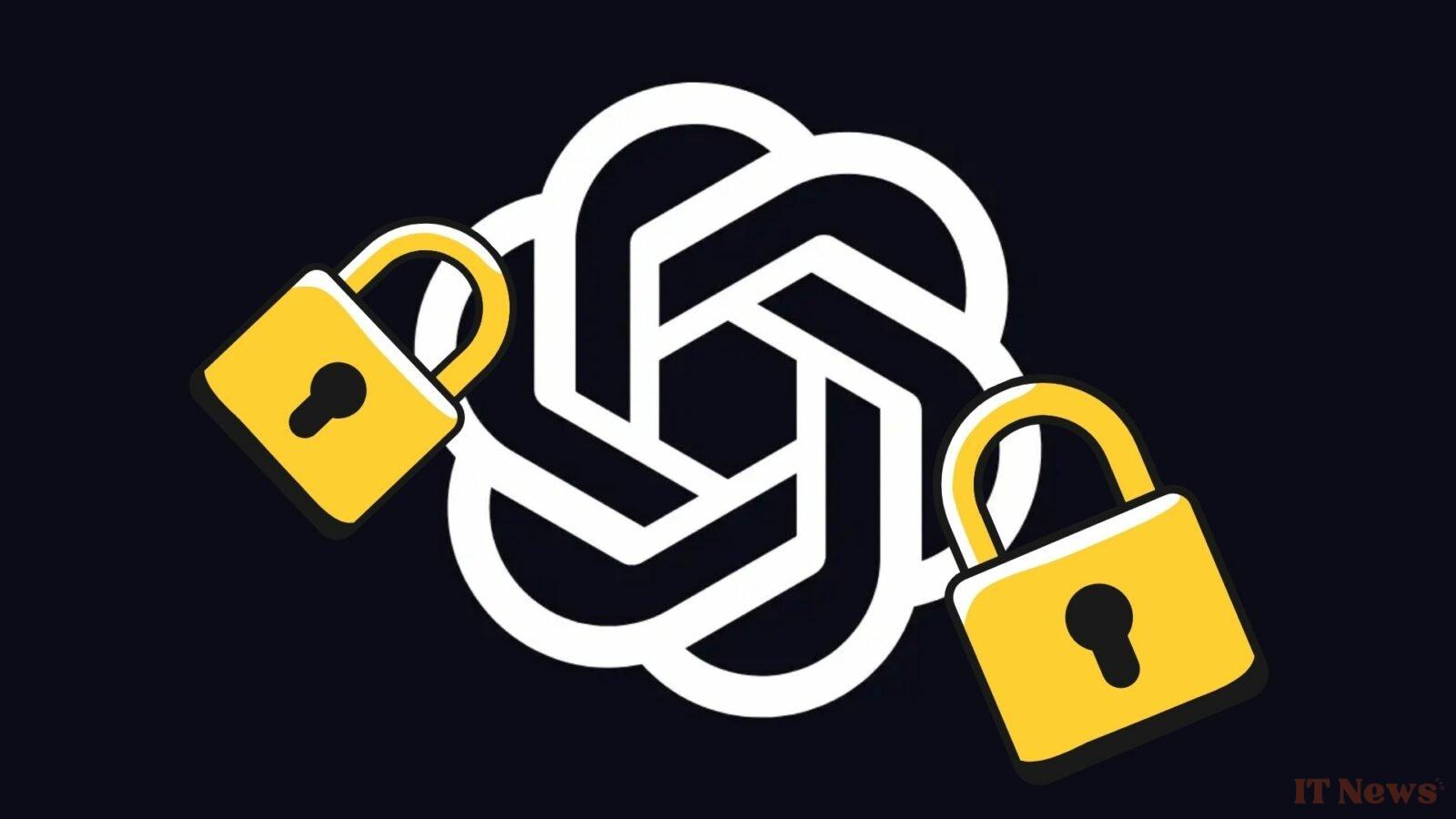This is a strategic shift that could revolutionize digital practices, far beyond artificial intelligence. Since its launch at the end of 2022, ChatGPT has established itself as one of the most widely adopted digital tools in the world, surpassing 600 million monthly active users in 2025. As expected, OpenAI doesn't intend to limit itself to conversational AI. It is now exploring a feature that, at first glance, has nothing to do with artificial intelligence: transforming the ChatGPT account into a digital identity provider.
ChatGPT, a multi-support identifier
Concretely, this involves allowing Internet users to use their ChatGPT account to authenticate themselves on other sites or applications, as they already do with the “Sign in with Google, Apple” or Meta buttons. This possibility is already being tested by developers, but for the moment it is only an exploratory phase. However, the Open AI project is far from anecdotal: single sign-on (SSO) has become a standard on the web, making life easier for users while strengthening the visibility of digital giants.
By entering this security landscape, OpenAI aims for several objectives: strengthen the ecosystem ChatGPT, by placing its tool at the center of users' digital lives, who will then be more likely to remain loyal to the American service. The company also intends to gain visibility and influence, while facilitating the integration of AI into everyday tools, and more specifically into third-party applications.
A project already in testing
OpenAI has launched a preliminary version of this feature for developers, with financial incentives (API credits) to encourage adoption by Plus and Pro users. For now, this is not yet a widespread deployment. OpenAI is evaluating demand and adjusting its offering, but the intention is clear: to make ChatGPT a benchmark digital identity, on a par with the historic web giants. And it must be admitted that the arrival of ChatGPT as an identity provider could transform uses. By simplifying access to third-party services via a unique identifier, which would not only play the role of centralizer, password manager, but also majority verifier, particularly on pornographic sites or services prohibited to minors, for example.
This ambitious project is part of a long-term trend. If OpenAI's initiative meets with the support of developers and users, it could mark a turning point in the way Internet users manage their digital identity and access web services. It remains to be seen whether ChatGPT will be able to assert itself against firmly established competitors – and whether users will be ready to entrust a new facet of their digital lives to the company that popularized generative AI.



0 Comments